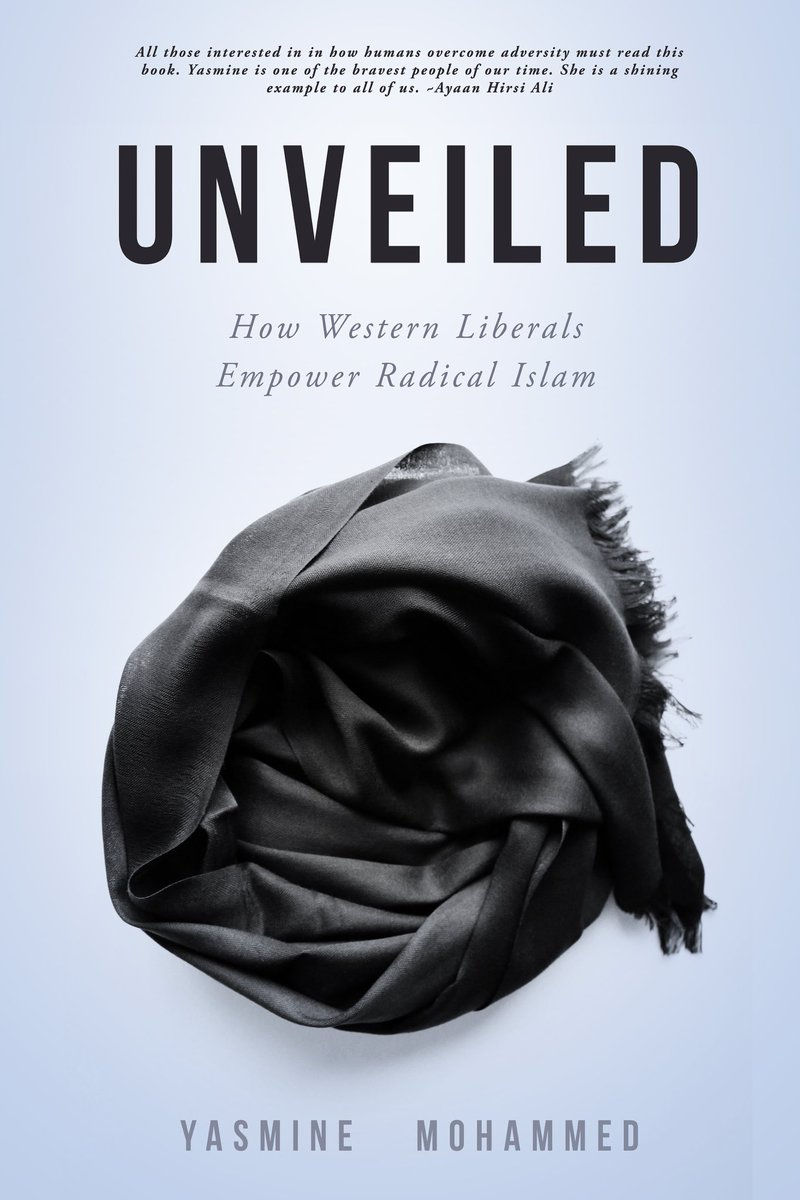My Top 10 Books of 2022
- Jan 11, 2023
- 3 min read
(In no particular order)

Four Thousand Weeks:
Time Management For Mortals
By Oliver Burkeman
Right away Burkeman dispels what you think this book is about, and it isn’t a list of tips and tricks on how to perfectly utilize your schedule until the day you die. What it is full of is insight on how to understand your relationship with time itself from the perspective of a human being with a finite amount of life. Frequently inspiring, a little daunting, and refreshingly pragmatic.

The Lies the Bind:
Rethinking Identity
By Kwame Anthony Appiah
If 2021 was my year of confronting the subconscious, then 2022 has been my year of contemplating identity. Identity is frequently tied to a familial history/ancestry, and here Appiah explores the history of identity itself. There is a cyclical nature in how personal identities lead to conflict, and the conflicts that give rise to identity. Personally, I see people as an essence of energy tethered to their history, and with this book I can appreciate the philosophical benefits of untangling oneself from that confine.

Twilight Of Democracy:
The Seductive Lure of Authoritarianism
By Anne Applebaum
I absolutely love how Anne Applebaum writes. It’s a great skill to craft a message as something personal, relevant, insightful, and digestible all at once. This is especially appreciated with the subject matter of democratic decline and rising right-wing populism. On both a macro and micro level I have a better understanding on how authoritarian tendencies influence the world, and I’m weirdly antsy to pick up another one of her books.

David & Goliath:
Underdogs, Misfits & The Art Of Battling Giants
By Malcolm Gladwell
Malcolm Gladwell has several titans under his belt; The Tipping Point, Outliers, Talking To Strangers. But I think his book that I’ve heard talked about the least is one that I’ve enjoyed the most. Critic reviews aren’t especially kind to this entry in the Gladwell bibliography, knocking it for over-explaining ideas that are already well established. But I enjoyed his heartened gathering of tales about people rising to challenges while utilizing their perceived weaknesses as strengths. It begs the analogy; Is this book Malcolm's own David standing up to the Goliath of expectation?

Say Nothing:
Murder & Memory In Northern Ireland
By Patrick Radden Keefe
This book established the genre of Narrative-History as one that I immediately want to become steeped in. It’s a universal constant that the secrets people try to keep the most quiet are often the most explosive, and Keefe’s constantly escalating telling of the disappearance of Jean McConville and its connection to the troubles in Ireland is intriguing at first, and astonishing by the end. I’ll be reading this again as soon as I’m emotionally ready.

Unveiled:
How Western Liberals Empower Radical Islam
By Yasmine Mohammed
Mohammed's powerful writing and expressive narration expose the bravery in her choosing to tell her story. Her insights into human rights and equality, what it's like to not have them while under religious oppression, and the failure of western society to hold that abuse to account under the guise of religious tolerance is deeply disturbing and important to understand.

Sea People:
The Puzzle Of Polynesia
By Christina Thompson
There’s a deep irony that the largest of our five oceans gets the least amount of real-estate on most world maps, and it’s that vastness that makes unpacking its mysteries all the more daunting. Thompsons’ well balanced mix of history and narrative explores how humans first explored and discovered the many thousands of islands in Polynesia, and emphasizes the incredibility of how early we were able to do so.

The Science Of Storytelling:
Why Stories Make Us Human & How To Tell Them Better
By Will Storr
If you love neuroscience as much as you love scriptwriting, then holy fuck have I got the book for you bud. It’s a borderline perfect explanation of what makes a character/plot compelling, one I’ll be re-reading immediately and often.

The Fortunes Of Africa:
A 5000 Year History Of Wealth, Greed, & Endeavor
By Martin Meredith
Coming in at around 700 pages, reading this monster of a book was born of wanting to learn more about parts of the world I know little about. For its people and resources, Africa has constantly been seen as a place to be plundered, and born of that greed was an unfathomable amount of suffering. Although at times it reads like a textbook, Meredith’s research and summary of 5000 years of history for an entire continent is commendable.

The Myth Of Normal:
Trauma, Illness, and Healing in a Toxic Culture
By Gabor Mate with Daniel Mate
The thing that impresses me the most about Gabor Mate is that after such a long and prolific career he is without reservation able to shift his beliefs and practices based on new discoveries. His lack of stuffiness combined with his breadth of experience makes The Myth of Normal one of my favorite books of all time. More than anything it is the way he breaks down trauma’s causes and effects that make this book useful for anyone trying to define theirs while also understanding the concept itself.




Comments